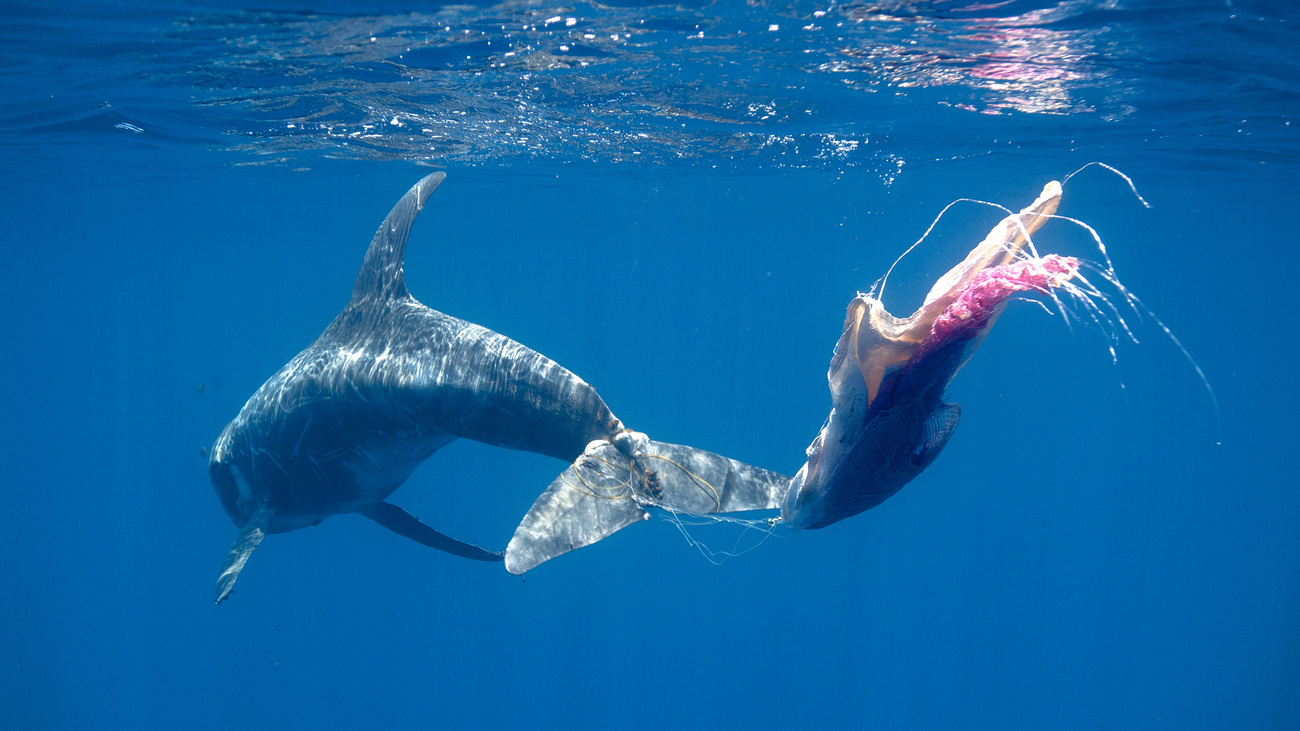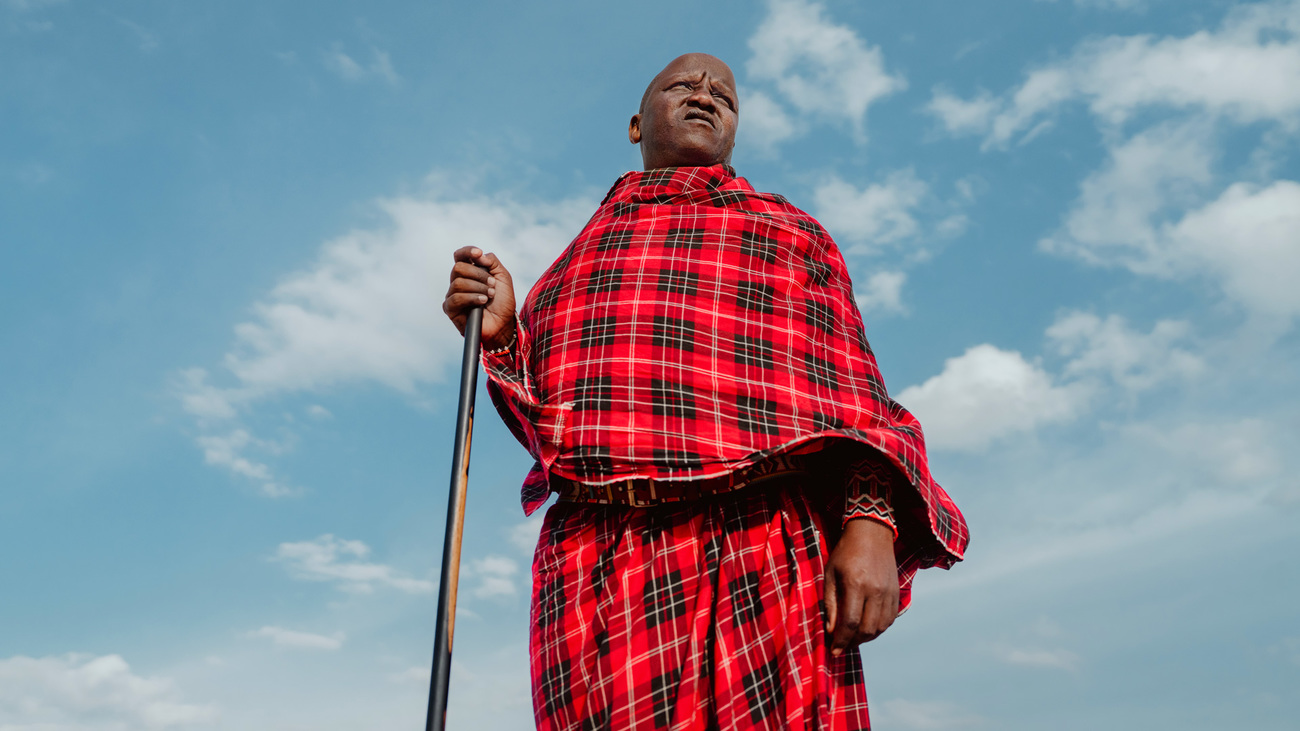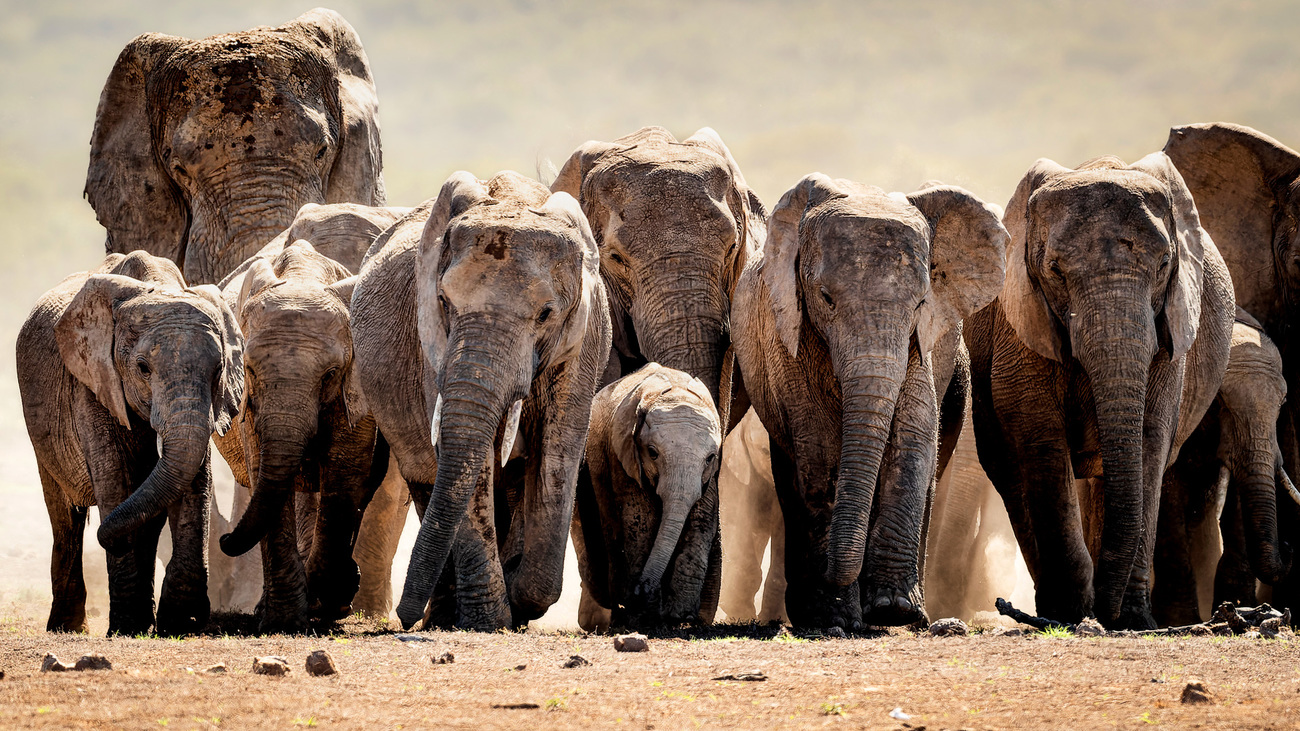Matt Collis
Policymakers’ decisions about wildlife have to be seen as an integral part of governance—not just an add-on.
Key biodiversity meeting recognises role of wild animals in climate mitigation but leaves concerns over halting nature loss

Negotiations stalled over financial issues, and the meeting ended chaotically when the final day overran into a 24-hour mammoth session that ultimately ended with key decisions deferred because so many delegates had to leave. Yet progress was made in some areas, including enhancing joint action on biodiversity loss and climate change, in a decision that recognises the role wild animals can play in climate mitigation, a key outcome IFAW had been seeking from this meeting.
Two years ago, the previous meeting of the CBD in Montreal, Canada, agreed on the Kunming-Montreal Global Biodiversity Framework (GBF)—a new 10-year plan to halt and reverse nature loss. Governments demonstrated real ambition when they adopted the GBF in 2022. But without funding and accountability, that ambition alone is not enough to address the extinction crisis we are facing. As the latest WWF Living Planet Report 2024 demonstrates, the decline of biodiversity continues to accelerate, so failure to reach agreement on fundamental issues, like how to fund the framework and how to monitor whether it is being achieved, undermines the good intentions of many governments who have committed to new national targets to deliver the framework.
Even without agreement on how the funding should be dispersed, eight governments (Austria, Denmark, France, Germany, New Zealand, Norway, the United Kingdom, and Québec), pledged an additional $163 million to the Global Biodiversity Framework Fund (GBFF). While significant, this falls well short of the goal to mobilise at least $200 billion annually by 2030.
COP16 did establish a new funding mechanism in relation to products made using genetic data from nature, agreeing to a global levy on such products (for example, pharmaceuticals and cosmetics), potentially creating one of the world’s largest biodiversity conservation funds. 50% of the funds raised this way will be earmarked directly for use by Indigenous Peoples and local communities. This now requires implementation by national governments but could raise billions of dollars if implemented properly.
The COP also set up a new body especially for Indigenous Peoples, recognising officially their vital role as stewards of nature. Both topics had been longstanding debates in CBD, so these outcomes represent a significant win for multilateralism.

In what has been labelled the bluest CBD COP yet, COP16 saw two decisions on marine issues, including the conclusion of an eight-year-long process on Ecologically or Biologically Significant Marine Areas (EBSAs)—a scientific and technical process aimed to describe areas that are particularly important for marine and coastal biodiversity. The information collected through the description of EBSAs can inform meaningful conservation measures, on both national waters and areas beyond national jurisdiction (known as the high seas). As such, EBSAs are key instruments not only for the implementation of the GBF but also for the recently agreed High Seas Treaty.
It was disappointing, however, that the High Seas Treaty received little more than passing reference in these decisions due to the opposition of Russia—demonstrating the limits of the CBD’s consensus-based decision-making, where entire decisions can be held to ransom by a single country’s opposition. Nevertheless, momentum continues to build for action on the high seas, with a commitment at COP16 by leading philanthropic institutions to deliver $51.7 million to accelerate the creation of marine protected areas in the high seas—a critical tool towards meeting the GBF target of protecting 30% of the planet by 2030.
A key focus at COP16 for IFAW was on the intertwined crises of biodiversity loss and climate change, with governments approving a decision on this topic despite the chaos of the negotiations’ final hours. As a result of CBD consensus-based decision-making, and the opposition of countries with strong fossil fuel lobbies like Russia and India, the final text was unfortunately watered down a lot. Nonetheless, IFAW and partners were still successful in getting references to the role of wild animals in climate mitigation into the final text, which sends a strong signal we can build on in other forums, including forthcoming UN Climate COPs.
The final text emphasises that conserving and restoring biodiversity and ecosystems, ‘inclusive of animal populations’, are effective options for climate mitigation, adaptation, and disaster risk reduction. It also urges governments to identify and maximise potential synergies between biodiversity and climate actions, including by prioritising the protection, restoration and management of ecosystems and species important in carbon cycles. And crucially, it encourages governments to take a more joint approach at the national level to tackle biodiversity and climate change. It sets up a process for considering ideas on possible joint work between the CBD and UN Climate Convention (UNFCCC), which can break down the siloed approach to these issues despite them being two sides of the same coin. This process can provide critical opportunities for us to further build the case for the role of animals in climate mitigation and more focus on nature-based solutions in the UNFCCC.

As IFAW’s contribution, we launched at COP16 new guidelines for governments on how to include wild animals into their national climate action plans under the Paris Agreement (known as Nationally Determined Contributions). We look forward to supporting governments to use our guidelines to incorporate into their plans the critical role wild animals play in maintaining and enabling ecosystems to capture and store more carbon. We hope the COP16 decision on biodiversity and climate change can be a springboard for this to happen more widely.
Matt Collis
Policymakers’ decisions about wildlife have to be seen as an integral part of governance—not just an add-on.
Our work can’t get done without you. Please give what you can to help animals thrive.
Unfortunately, the browser you use is outdated and does not allow you to display the site correctly. Please install any of the modern browsers, for example:
Google Chrome Firefox Safari